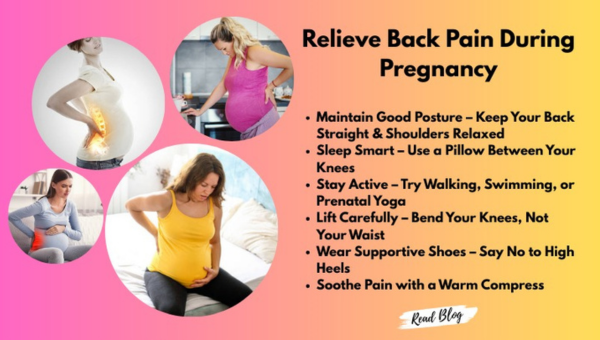Tips for Back Pain During Pregnancy: A Complete Guide for Expecting Mothers
Sep 12, 2025
Pregnancy is one of the most beautiful journeys in a woman’s life, but it also comes with its share of challenges. Among the most common discomforts experienced by expectant mothers is back pain. Studies suggest that more than 50% of pregnant women experience back pain at some point, especially during the second and third trimesters.
This pain is usually caused by hormonal changes, increased body weight, postural shifts, and muscle strain. While back pain during pregnancy is generally not dangerous, it can affect your quality of life, sleep, and daily activities. Thankfully, there are several safe and effective ways to manage back pain during pregnancy without harming you or your baby.
In this article, we’ll explore causes, prevention strategies, and practical tips to relieve back pain during pregnancy.
Common Causes of Back Pain in Pregnancy
Understanding the root cause of back pain helps in choosing the right remedies. Some of the major contributors include:
- Hormonal Changes – Pregnancy hormones like relaxin loosen the ligaments and joints in preparation for childbirth, which can affect stability and cause back discomfort.
- Weight Gain – The extra weight adds pressure on the spine, particularly the lower back.
- Postural Changes – As the belly grows, the body’s center of gravity shifts forward, leading to posture changes that strain back muscles.
- Muscle Separation (Diastasis Recti) – The abdominal muscles stretch and separate, weakening core support for the spine.
- Stress and Fatigue – Emotional stress can cause muscle tightness, further aggravating back pain.
Tips to Manage Back Pain During Pregnancy
1. Practice Good Posture
- Stand tall with your shoulders relaxed and back straight.
- Avoid slouching while sitting.
- Use a lumbar support cushion when sitting for long periods.
- Keep your feet flat on the ground while sitting to maintain balance.
Proper posture reduces strain on the spine and helps prevent back pain from worsening.
2. Choose the Right Sleeping Position
- Sleep on your side (preferably the left) with your knees bent.
- Place a pillow between your knees for better hip and spine alignment.
- Use a maternity pillow or wedge pillow to support your growing belly.
- Avoid sleeping on your back after the second trimester, as it may reduce blood flow to the baby.
3. Wear Supportive Footwear
- Avoid high heels and unsupportive sandals.
- Opt for low-heeled, cushioned shoes with good arch support.
- Comfortable footwear helps maintain balance and reduces pressure on the lower back.
4. Exercise Regularly (Pregnancy-Safe Workouts)
Gentle exercises strengthen back and abdominal muscles, improving posture and reducing pain. Always consult your doctor before starting.
Recommended exercises include:
- Prenatal Yoga – Improves flexibility, reduces stress, and strengthens core muscles.
- Swimming or Water Aerobics – Relieves pressure on the spine by using water buoyancy.
- Pelvic Tilts – Strengthens abdominal muscles and eases back tension.
- Walking – Keeps the body active without excessive strain.
Avoid high-impact exercises, heavy lifting, or movements that strain the abdomen.
5. Use Proper Lifting Techniques
- Bend at your knees, not your waist.
- Keep the lifted object close to your body.
- Avoid twisting movements when lifting.
- Ask for help with heavy items.
Correct lifting reduces the risk of sudden back strain.
6. Apply Heat and Cold Therapy
- Use a warm compress or heating pad on your lower back to ease stiffness.
- Alternate with a cold pack to reduce inflammation.
- Warm baths can also help relax sore muscles.
Avoid excessive heat around the belly area to protect the baby.
7. Consider Prenatal Massage or Physiotherapy
- Prenatal massage by a trained therapist can relieve tension in the lower back.
- Physical therapy sessions help strengthen weak muscles and improve body alignment.
- Some women benefit from chiropractic care, but it should only be done by professionals trained in prenatal adjustments.
8. Use Maternity Support Belts
- A maternity support belt helps lift the belly and reduce pressure on the lower back.
- It also improves posture while walking or standing for long periods.
- Choose a comfortable, adjustable belt designed specifically for pregnant women.
9. Maintain a Healthy Weight
- Excess weight gain can put extra pressure on your spine.
- Follow a balanced diet rich in whole grains, lean proteins, fruits, and vegetables.
- Consult your doctor for personalized weight management advice.
10. Practice Relaxation and Stress Management
- Stress often worsens back pain by tightening muscles.
- Try relaxation techniques such as:
- Deep breathing
- Meditation
- Prenatal yoga
- Gentle stretching before bedtime
11. Hydration and Nutrition
- Drink enough water to keep muscles and joints well-hydrated.
- Include calcium, vitamin D, and magnesium-rich foods to support bone and muscle health.
- Supplements should be taken only under medical supervision.
12. Know When to Call Your Doctor
While most back pain during pregnancy is normal, certain signs require immediate medical attention:
Seek medical advice if you experience:
- Severe, persistent back pain
- Sudden onset of pain with cramping
- Pain accompanied by fever or burning sensation during urination
- Numbness or weakness in the legs
- Pain that may indicate preterm labor
Final Thoughts
Back pain is a common part of pregnancy, but it doesn’t have to take away from the joy of your journey. By practicing good posture, staying active, using supportive tools, and managing stress, you can significantly reduce discomfort.
Remember, every pregnancy is unique. Always consult your healthcare provider before starting new exercises, therapies, or remedies to ensure safety for both you and your baby.
With the right care and preventive steps, you can enjoy a healthier, more comfortable pregnancy while preparing to welcome your little one into the world.
Visit Our Wide Range Of Gynaecology Products
Recent Post

Rabeprazole Sodium 20 mg & Cinitapride 3 mg A Complete Guide to Digestive Care

Metformin PR 850 mg and Glimepiride 2 mg Tablets Benefits, Dosage, and Precautions

Eltrombopag Olamine 25 mg Safe and Effective Support for Low Platelet Count

Eltrombopag Olamine 50 mg: Benefits, Uses, and Safety Explained
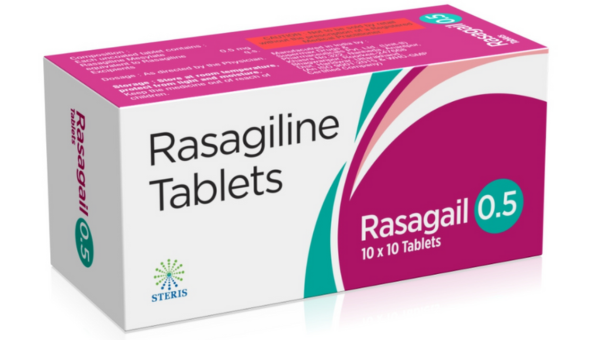
Rasagail 0.5 mg – Your Daily Support Against Parkinson’s Symptoms
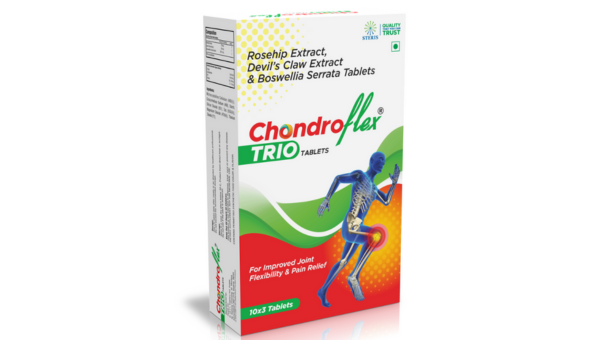
CHONDROFLEX TRIO: Ayurvedic Power of Rosehip, Devil’s Claw & Boswellia

Propranolol 40mg + Fluoperazine 10mg: Benefits, Side Effects & Dosage Explained
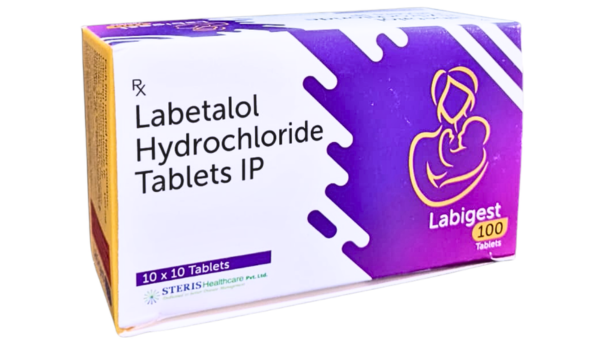
Labetalol 100mg: Uses, Benefits, and What You Should Know About Side Effects
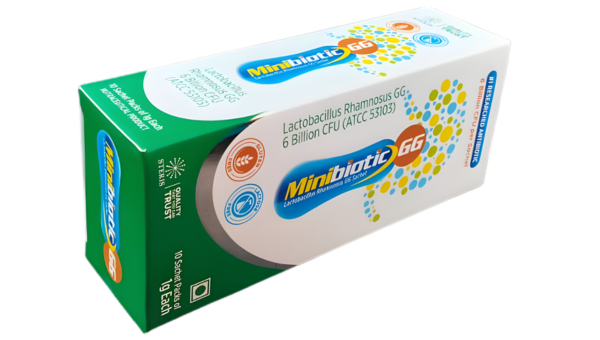
Lactobacillus Rhamnosus GG 6 Billion CFU : Uses, Benefits, and Possible Side Effects Explained

Gliclazide Sustained Release Tablets Explained: Uses, Benefits, and Safety

